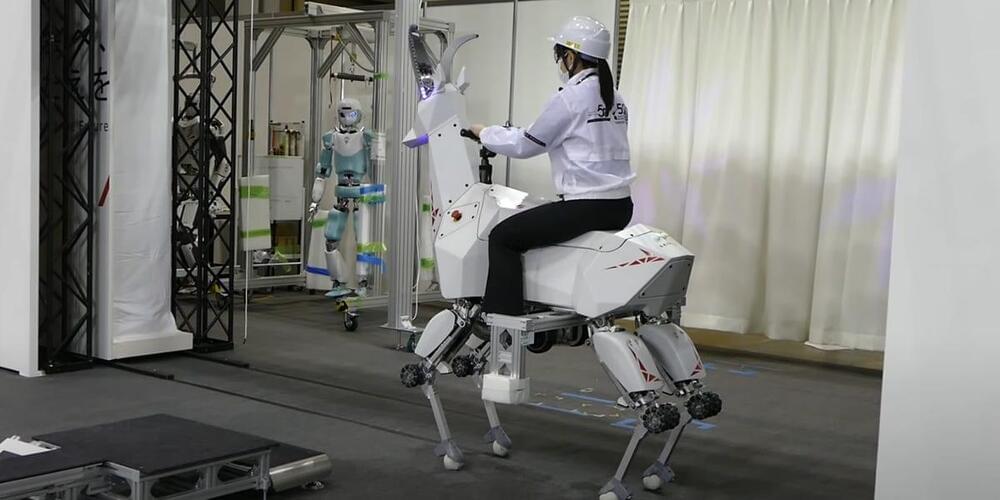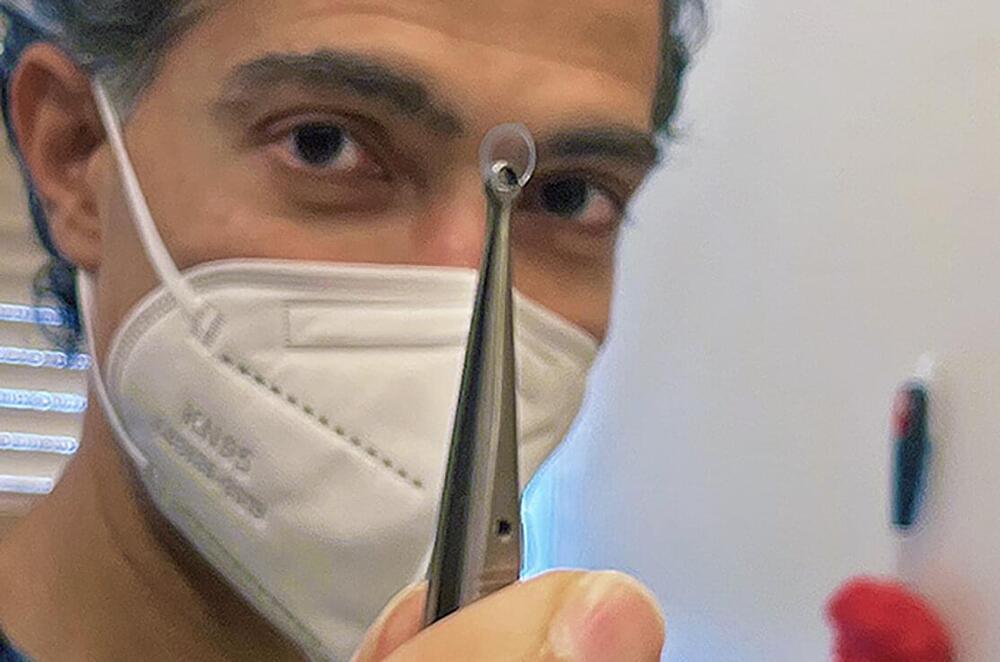Russia’s space agency Roscosmos said it will bring a US astronaut back to Earth from the International Space Station at the end of this month, despite tensions between the two countries.
NASA astronaut Mark Vande Hei will return as planned on March 30 together with cosmonauts Anton Shkaplerov and Pyotr Dubrov in a Russian Soyuz space capsule, the agency said in Moscow on Monday.
“Roscosmos has never given partners any reason to doubt our reliability,” the agency said, adding that the safe operation of the space station is its top priority.









